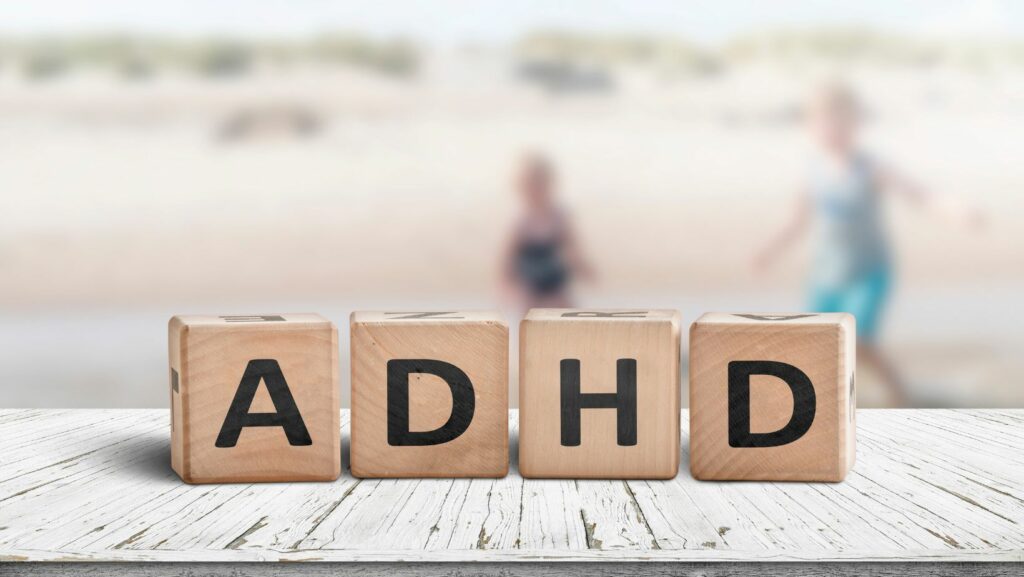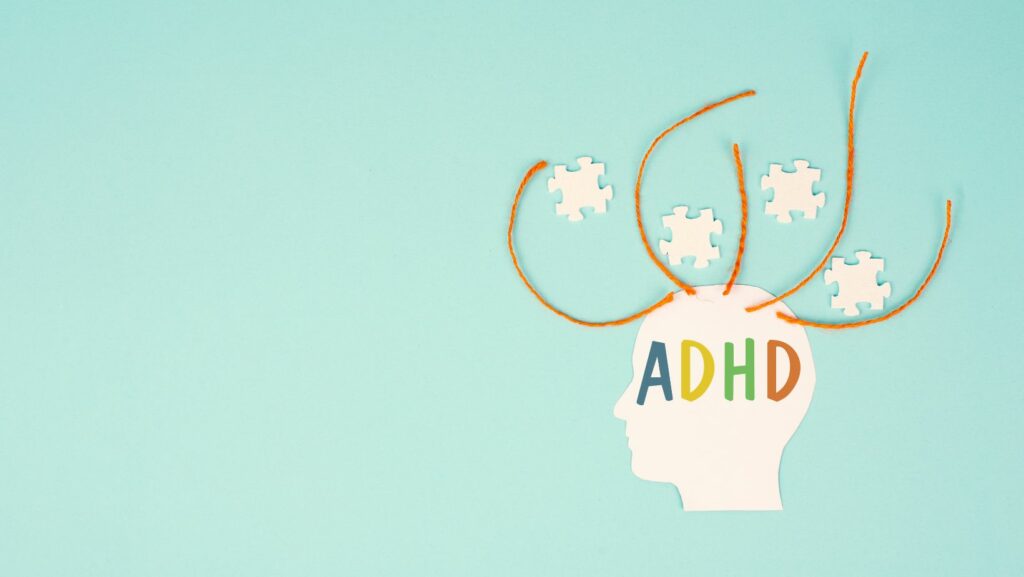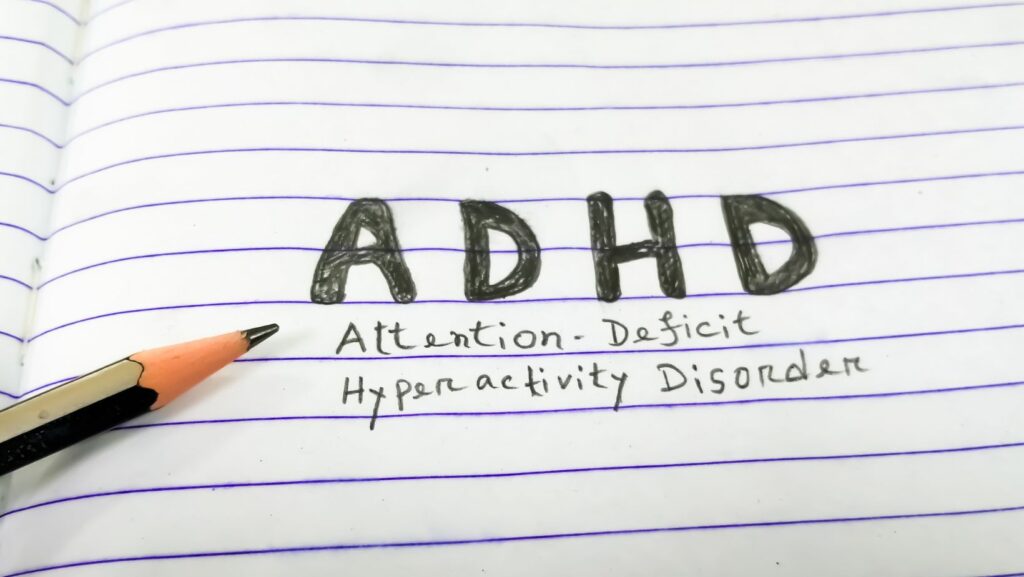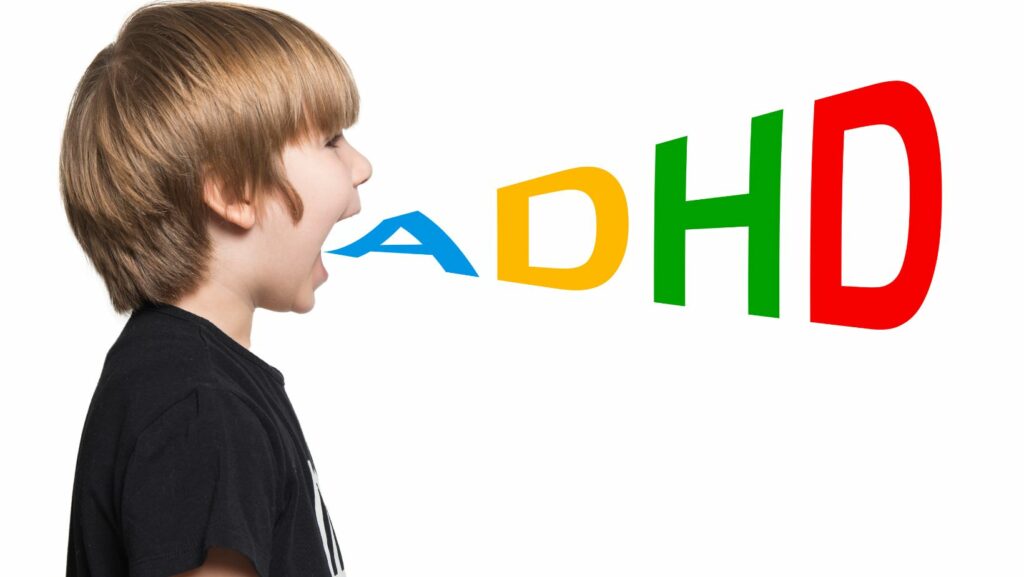Tips for Musicians with ADHD
When it comes to navigating the world of music as a tips for musician with ADHD, there are unique challenges that can arise. As someone who has personal experience in this area, I understand the struggles and frustrations that may come with trying to focus, stay organized, and manage time effectively while pursuing a musical career.

One key tips for musicians with ADHD is to create a structured routine. Establishing a daily schedule that includes dedicated time for practice, songwriting, rehearsals, and other tasks can help maintain consistency and reduce feelings of overwhelm. Breaking down larger projects into smaller, more manageable tasks can also make it easier to stay on track and avoid procrastination.
Additionally, utilizing tools such as timers or apps designed to improve focus and productivity can be incredibly beneficial. These resources can assist in managing time effectively, setting reminders for important deadlines or appointments, and minimizing distractions during practice sessions or performances. By incorporating these strategies into your musical journey, you can enhance your overall productivity and achieve success in spite of any challenges posed by ADHD.
Understanding ADHD in Musicians
When delving into the world of tips for musicians with ADHD, it’s crucial to grasp the unique challenges and strengths they possess. ADHD, or Attention Deficit Hyperactivity Disorder, isn’t a one-size-fits-all condition; its impact varies from person to person. For musicians, this diversity can manifest in different ways, influencing creativity, focus, and overall performance.

Navigating the intricacies of ADHD within a musical context requires sensitivity and understanding. Some musicians find that their ADHD fuels their creativity, leading to bursts of inspiration and innovative approaches to music composition. However, others may struggle with aspects like maintaining focus during rehearsals or performances due to distractibility and impulsivity.
Incorporating strategies tailored to the individual needs of musicians with ADHD is vital for optimizing their musical journey. Techniques such as breaking down practice sessions into shorter intervals, utilizing visual aids for organization, or incorporating movement into rehearsals can enhance concentration and productivity. By acknowledging these specific needs and providing appropriate support systems, both musicians and their collaborators can foster an environment conducive to growth and success.
Statistics show that individuals with ADHD are often drawn to creative fields like music due to their out-of-the-box thinking and ability to hyperfocus on tasks they are passionate about. Embracing these qualities while also addressing challenges related to time management or executive function skills can empower musicians with ADHD to thrive in their craft. Understanding the intersection between ADHD and musical pursuits is key to nurturing talent while promoting holistic well-being in this vibrant community.
Creating an ADHD-Friendly Practice Environment
When creating an environment that’s conducive to practicing music for individuals with ADHD, it’s essential to consider factors that can help optimize focus and productivity. Here are some key strategies:
Minimize Distractions
- Clear the practice space of clutter and unnecessary items.
- Use noise-canceling headphones or earplugs to block out external sounds.
- Set up a designated practice area that is free from loud noises or interruptions.

Establish a Routine
- Develop a consistent practice schedule to build a sense of structure.
- Break down practice sessions into shorter intervals with breaks in between to maintain attention.
- Use visual cues such as timers or checklists to help stay on track.
Utilize Technology
- Experiment with music apps or software designed for organizing practice sessions.
- Consider using metronome apps or recording tools to monitor progress and provide feedback.
- Explore online resources for music theory or techniques tailored to individual learning styles.
Incorporate Movement
- Integrate physical activities like stretching or short walks into practice breaks.
- Experiment with standing while playing instruments for increased engagement.
- Incorporate fidget toys or stress balls to channel excess energy in a constructive way.
By implementing these strategies, musicians with ADHD can create an environment that supports their unique needs and enhances their musical growth. Remember, what works best may vary from person to person, so don’t hesitate to experiment and tailor these tips accordingly.
